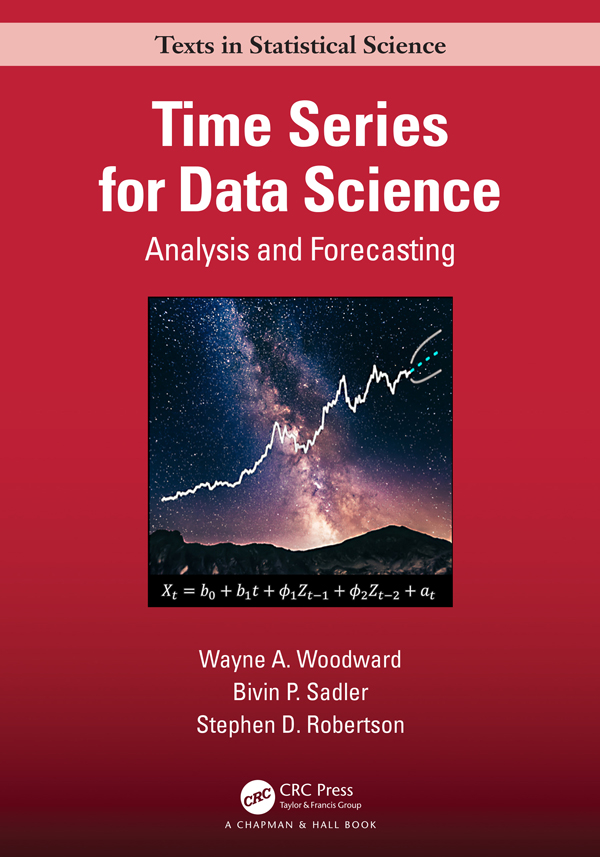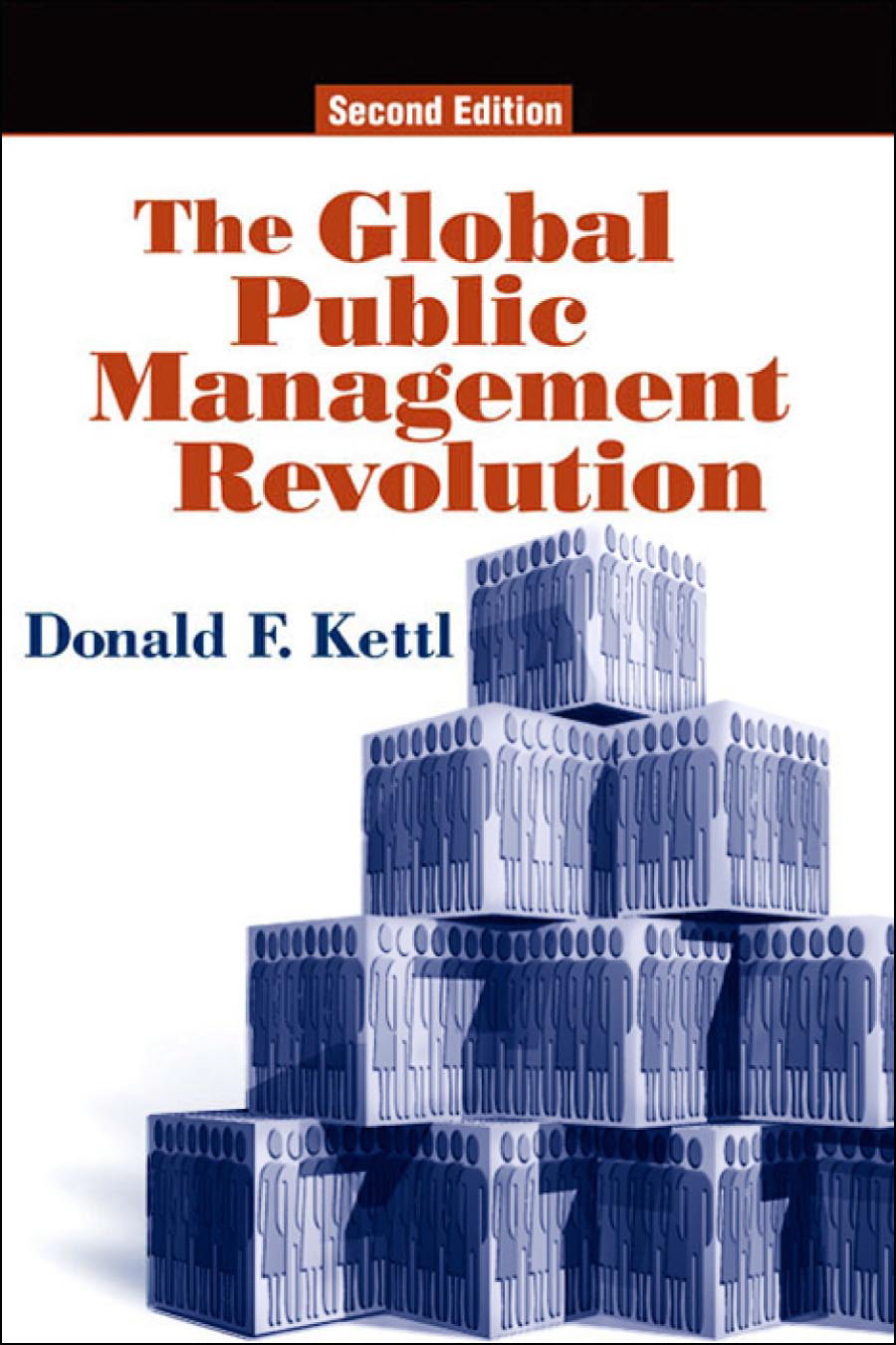This book is part of a two-volume set that offers an innovative approach towards developing methods and tools for assigning conservation categories of threatened taxa and their conservation strategies by way of different phases of eco-restoration in the context of freshwater river systems of tropical bio-geographic zones. The set provides a considerable volume of research on the biodiversity component of river ecosystems, seasonal dynamics of physical chemical parameters, geo-hydrological properties, types, sources and modes of action of different types of pollution, river restoration strategies and methodologies for the ongoing ecological changes of river ecosystems. Volume 1 provides an in-depth analysis of different theories with international relevance pertaining to the functioning of river ecosystems, shaping their structure and contributing ecological services, and includes the principles of riverine ecology such as biogeochemical cycles, physiography, hydrogeology, and physico-chemical parameters. It covers the basic concepts and principles of water within riverine ecosystems, and the underlying ecological principles operating to ensure ecological stability and sustainability of the fluvial ecosystem. The book explains the ecofunctionality of different geo-morphological, geo-hydrological and physico-chemical factors and processes in changing time scales and spaces, with special emphasis on the tropical fresh water rivers in India.












